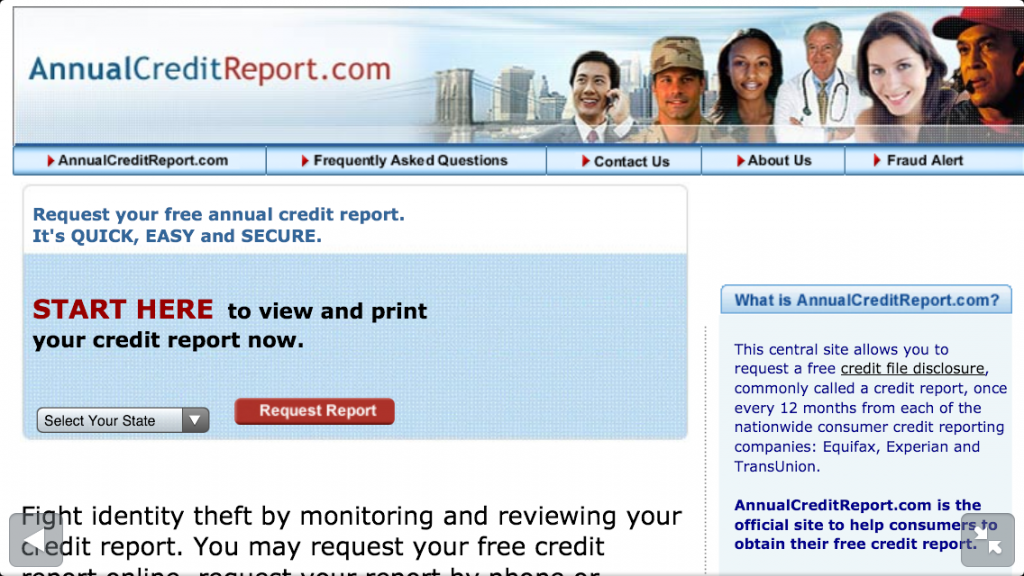I first heard about how to freeze your credit on the Clark Howard radio show several years ago. 
Why would you want to freeze your credit? As Clark states in his Credit Freeze and Thaw Guide, “credit freezes are one of the most effective tools against economic ID theft available to consumers.” It is a quick, easy, and a low-cost alternative to paying for a credit monitoring service.
What is a credit freeze? Wikipedia describes it this way. “A credit freeze, also known as a credit report freeze, a credit report lock down, a credit lock down, a credit lock or a security freeze, allows an individual to control how a U.S. consumer reporting agency is able to sell his or her data. The credit freeze locks the data at the consumer reporting agency until an individual gives permission for the release of the data.”
How do you freeze your credit? Clark’s guide is the best source I’ve found to date. It outlines how to contact each of the three major credit bureaus and how to thaw them.
After several of my family members and clients had their identities stolen, I finally got around to freezing my personal credit this past summer. It was pretty painless and took no more than 30 minutes to complete (and cost less than $30 total – the cost depends on your state). Check it out and see if it makes sense for you.

